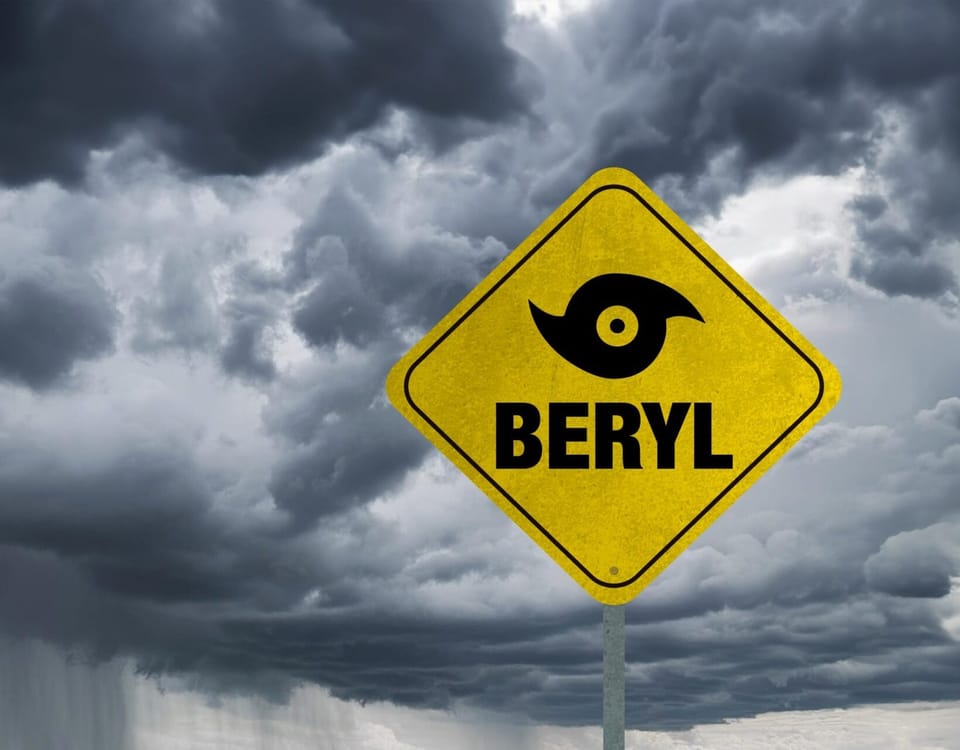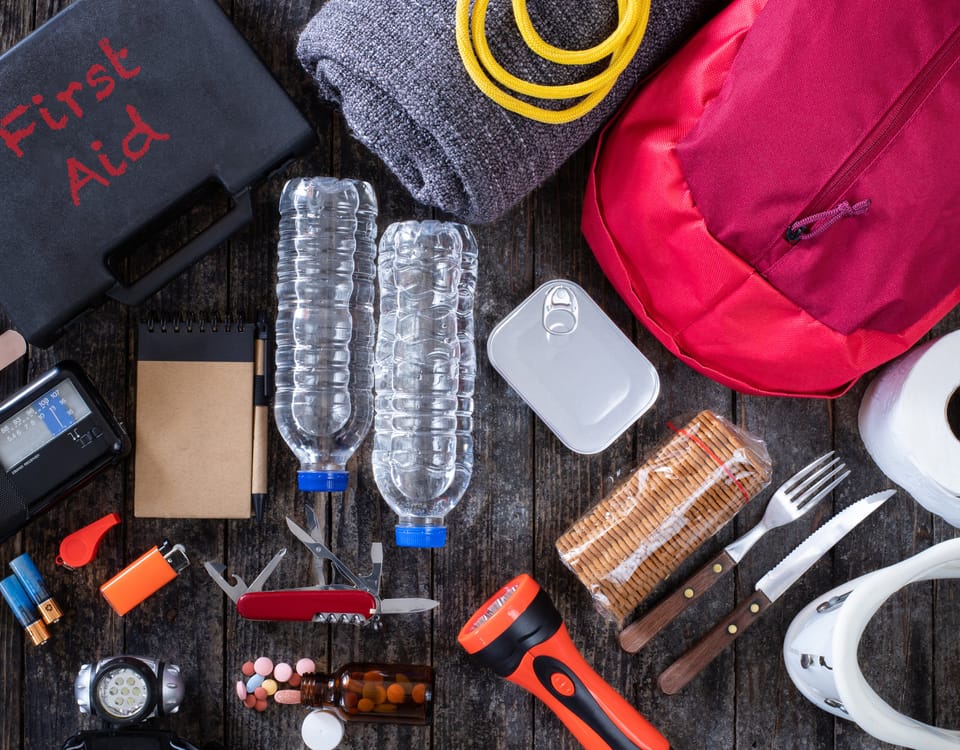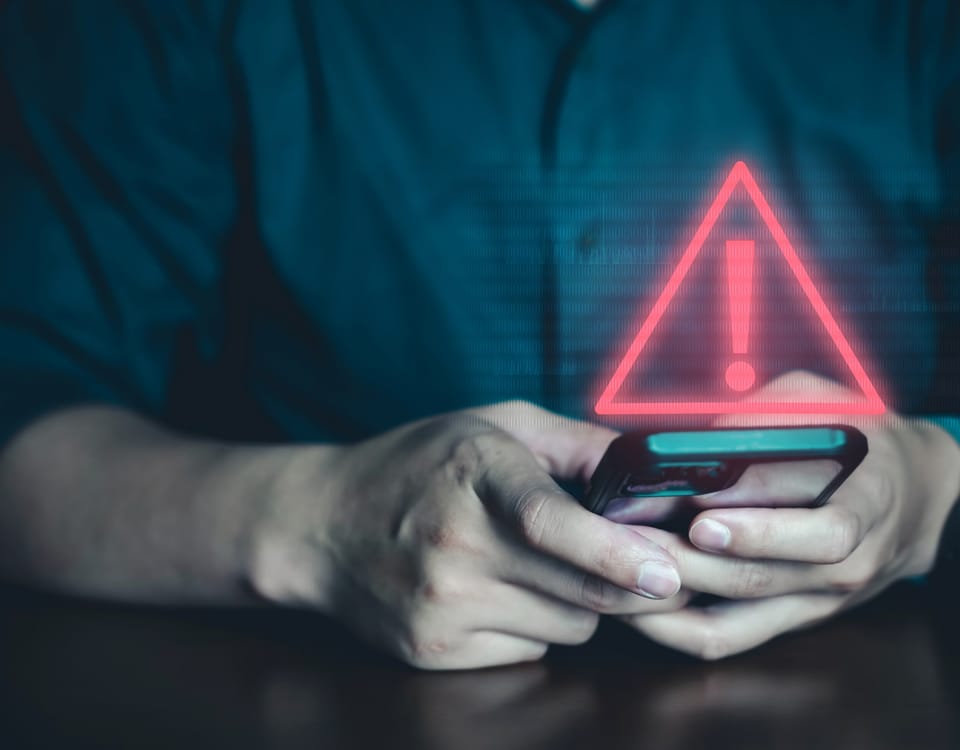
While business disaster planning can be difficult for specific industries, there are some general guidelines you can follow to ensure your business stays up and running. Disasters like a hurricane or tornado are unpredictable. However, that doesn’t mean you can’t be ready for them. With a little planning, you can be well on your way to protecting your business and accelerating recovery.
You don’t have to be well funded or have a ton of resources to be prepared. In fact, even some minor safeguards can keep your business running smoothly. Preparation is key to building back more effectively and stronger.
Here are important steps you can take in your business disaster planning:
- Assess your vulnerabilities
- Have a backup generator
- Have cloud-based storage
- Choose a disaster insurance provider
- Choose an emergency fuel provider
Assess your vulnerabilities
The first step in your business disaster planning should be to assess where you are vulnerable and identify the crucial elements of your business. If the power were to go out could you still conduct business? If you were to experience flooding, how would that affect your bottom line? Can you do any work remotely? If so, how will you keep that data safe?
It’s important to recognize how your business model works, and how you can adapt to the future. No one ever thought we would have to face a pandemic, and yet, we have spent most of the year in one. Identify potential “breaks” in your workflow and start coming up with ways to get around them. This may mean you have to invest in new technologies for your workers, buy flood insurance, or hire an emergency response service to deal with cleanup after a natural disaster.
Have a backup generator
Having a standby generator should be one of the foremost things you include in your emergency preparedness plan, especially for a small business. Often during a natural disaster, power can go out to your building and cause you to stop working.
Don’t let that happen. A generator can help you:
- Keep your lights and your computers running.
- Keep the phones running so you can still contact staff or customers.
- Stay open when other competitors close.
- Be able to use heavy equipment or machinery.
- Keep important safeguards from failing and injuring someone.
A backup generator can be useful to almost any business. You absolutely need one if you want to be operational even after the power grid collapses. You don’t have to miss a beat, and a generator should be a part of any business disaster planning.
Have cloud-based storage
These days, everyone is collecting data on their customer bases, costs of operations, and typical time of service. Building out the library of data can take years. Whether it’s an email list or expense tracking, you don’t want to lose that vital information.
Install cloud-based storage for all of your data needs so you never lose track of your data. Cloud-based storage systems automatically save your data over a network and can be accessed from multiple devices. Even if you have to leave your place of work for several days, you still have access to all that necessary information to conduct business. Any business disaster planning should include some form of backup storage.
However, any backup storage of company documents should have heavy security. Before choosing any provider, make sure that it has multiple layers of encryption.
Choose a disaster insurance provider
We’ve already mentioned flood insurance earlier, but any type of disaster insurance can help your business recover. If equipment or buildings are destroyed you don’t want to lose all of that investment. More importantly, you don’t want to be on the hook for thousands of dollars if you haven’t paid off all of those items.
Don’t take the risk. Choose a good provider and have coverage for both your building and the necessary equipment. Should something happen, you’ll only need to file a claim to recoup your losses.
Choose an emergency fuel provider
Chances are, prices for gas will go up after a natural disaster. Why not be prepared for that with a bulk fuel supplier. Whether you are a small business or government entity, emergency bulk fuel can save you thousands of dollars and keep your vehicles on the road. If you choose the right business, they can help keep your generators full and maintained.
Some providers even deliver 24/7 during an emergency and can offer on-site storage. Not to mention, some bulk fuel providers are partnered with emergency cleanup services so you can get back to work as soon as possible. Having a bulk fuel provider is an essential part of business disaster planning for any business that offers some type of delivery service.
Are you trying to figure out your business disaster planning? Thinking about purchasing bulk fuel, but don’t know how it will help you save money? Don’t worry, Moffitt Services can help! Not only are we one of the top-performing bulk fuel companies in the nation, but we are also partnered with RMI Emergency Services for cleanup as well. Contact us today to prepare your business for anything!




